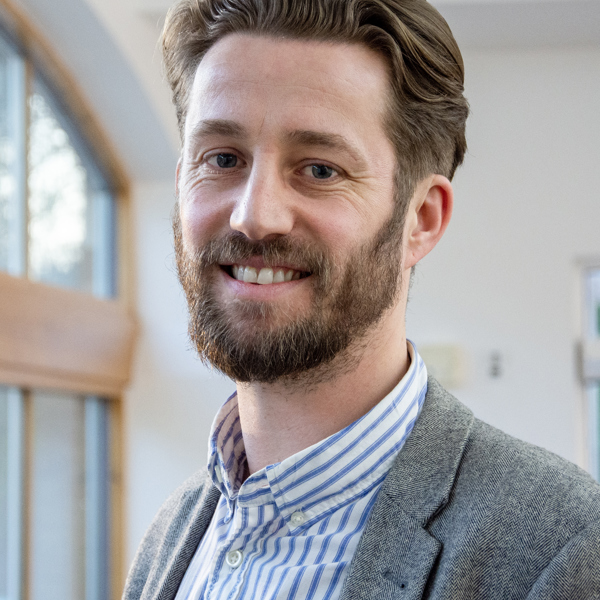A is for AI and assessment
- Date posted
- 08 November 2024
- Type
- Opinion
- Author
- Dr Chris Davis
- Estimated reading time
- 4 minute read
IOSH’s Dr Chris Davis shares insights from the latest Thought Leadership Panel meeting, including discussions on artificial intelligence (AI).
Perhaps unsurprisingly, high on the agenda was the topic of AI. The influx of AI applications is presenting ever growing opportunities, but also some inevitable challenges. Chief among these, according to the panel, is the risk of misinformation. AI draws information from different internet sources, with limited fact checking or correct references. This lack of accountability and traceability is an obvious concern.
Talk quickly turned to the use of AI in academic environments, where there are obvious applications. One of the panellists suggested that the use of AI in academia is “becoming endemic” and is difficult to detect. This begs the question: is there now a need more than ever for occupational safety and health (OSH) examining bodies to carry out in-person interviews to better gauge whether work completed is the student’s own?
Given that generative AI applications (such as Chat GPT) are widely available on the open market, it opens the door for students easily generating text for essays, reports or creative assignments, which undermines human effort. Equally, students can use natural language processing tools (NLPs) to summarise large texts, suggest relevant topics, and improve grammar, style and readability of assignments.
“Organisations responsible for OSH qualifications need to consider whether AI threatens the integrity of exams and the qualifications themselves. More practical means of assessment may need to be considered, the panel concluded.”
Dr Chris Davis
- Job role
- Thought Leadership Manager
- Company
- IOSH
Broader challenge
OSH professionals need to prepare for a world where the use of AI is commonplace across academic and professional work – and where it will likely become more acceptable to do so. AI clearly has its advantages: increasing access to information, providing instant synthesis information sources, boosting productivity, and so on. However, the need for transparency and human oversight will remain a key challenge.
There is a responsibility to safeguard OSH professionals and academics about the risks of new students coming into the profession and using AI. For that matter, there is a need to safeguard new entrants to the profession about advantages and potential pitfalls of using it in the workplace, too.
On the question of the integrity of assessments, the panel pointed to the importance of interviews to provide a “check point”. Learners can be invited to talk about the papers they have written, sources they have used, and any questionable references can be questioned.
Given that the assessment is an essential part of many routes to Chartered membership and Fellowship, professional bodies should also review the way AI is incorporated or referenced as part of the process.
“Continuing professional development (CPD) is a good anti-fraud counter measure when it comes to assessing for qualifications,” one panellist said, reflecting the importance of OSH professionals continually developing their knowledge and skills.
Blind spots
The AI discussion moved the panel into a broader conversation about integrity and deception in the profession, and about how prepared professionals are for what one panellist referred to as “the dark arts of safety management”. In other words, where underhand or illicit tactics are used in the management of safety and health, do professionals – and especially those new to the profession – have the ability to detect it or to call it out?
“The whole idea of authenticity and the dark arts being applied in safety – I don't think I can remember seeing anything about that in the literature or the training that new professionals receive,” was the view put forward. This would again seem to underscore the importance of practical experience as a valuable part of professionals’ qualification process.
What is for sure is that there are aspects of the profession that cannot be taught, with or without the use of tools like AI. As one panellist put it: “We talk a lot about checks and systems, but are we missing the personality aspects of safety?”
Last updated: 09 December 2024
Dr Chris Davis
- Job role
- Thought Leadership Manager
- Company
- IOSH
 IOSH
IOSH




